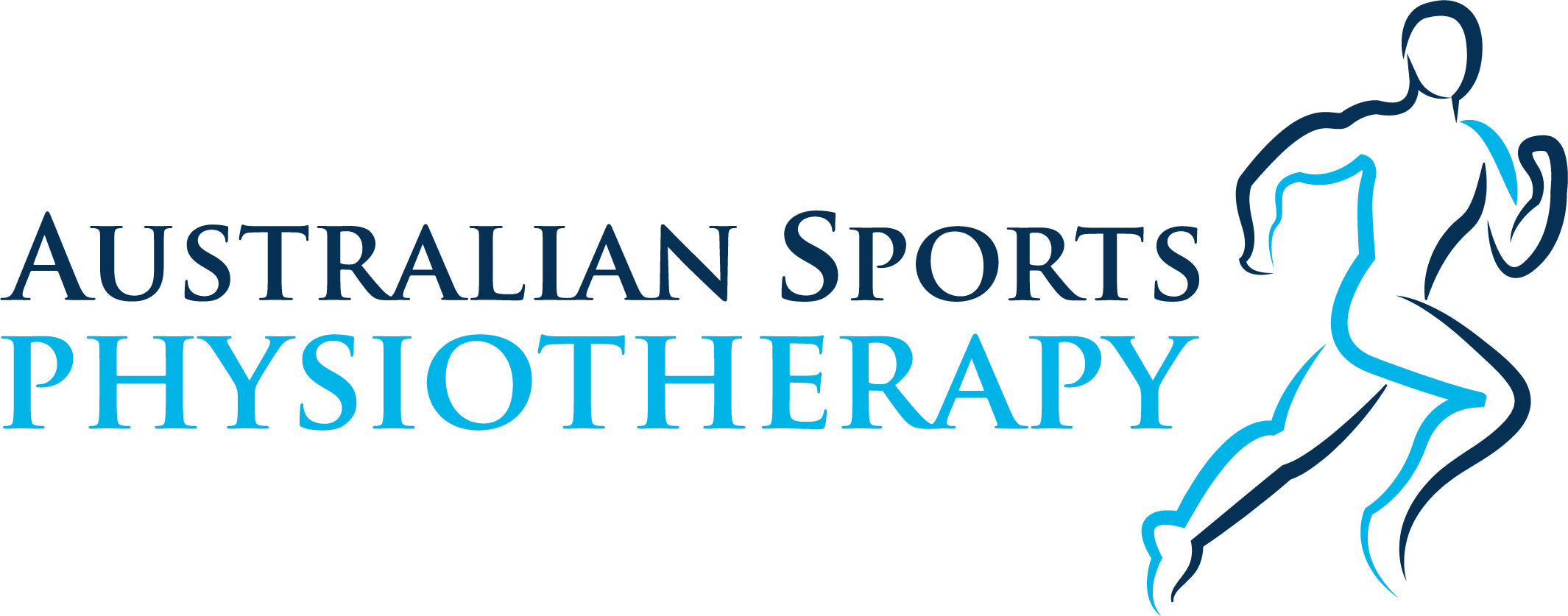Have you ever wondered what happens to your body when you exercise? Why does your heart rate increase and your muscles feel tired? Understanding the science behind exercise can not only enhance your workouts but also improve your overall fitness level.
Exercise physiology is a field of study that focuses on how the body responds and adapts to physical activity. It delves into the intricate mechanisms that occur within our bodies during exercise, such as oxygen delivery, energy production, and muscle contractions. By understanding exercise physiology, you can make informed decisions about your exercise routine and optimise your performance.
Whether you are a gym enthusiast, an athlete, or simply someone interested in learning more about the science of exercise, delving into exercise physiology can provide you with valuable knowledge and insights.
What is exercise physiology?
Exercise physiology is the study of how the body adapts to physical activity. It encompasses a wide range of topics, including:
- The acute responses to exercise, such as changes in heart rate, respiration, and blood pressure.
- The chronic adaptations to exercise, such as increased muscle mass and improved cardiovascular fitness.
- The effects of exercise on different systems in the body, such as the cardiovascular system, respiratory system, and musculoskeletal system.
- The effects of exercise on different populations. This includes things like how exercise affects people with chronic health conditions, older adults, and children.
- The use of exercise as a therapeutic intervention for a variety of conditions, such as heart disease, diabetes, and obesity.
This field of study helps us understand how exercise affects our health and performance and how we can use exercise to improve both.
Exercise physiologists
Exercise physiology is a specialised branch of kinesiology. These medical specialists investigate the body’s reactions to physical activity as well as how the body adapts to physical activity over time.
Exercise physiologists are in charge of training clients to achieve higher levels of physical fitness and better health while remaining aware of the potential safety risks associated with exercise.
They can work in a variety of settings, such as hospitals, clinics, fitness centres, and research institutions.
An exercise physiologist may conduct the following activities:
- Design and supervise exercise programs for people of all ages and fitness levels.
- Provide education and counselling on exercise and healthy lifestyles.
- Research the effects of exercise
- Rehabilitate people after injuries or surgery.
What is the difference between a physiotherapist and an exercise physiologist?
While both physiotherapists and exercise physiologists are involved in improving physical function and movement, their approaches and areas of expertise differ slightly.
Physiotherapist
- Focus: Assessment, diagnosis, and treatment of injuries, disabilities, and pain.
- Methods: Hands-on techniques like manual therapy (massage, joint mobilisation), electrotherapy, and therapeutic exercise.
- Stages of injury: Can work across all stages, including the acute phase with pain and swelling.
- Additional skills: Can diagnose conditions, order imaging tests, and refer patients to other specialists.
Exercise Physiologist
- Focus: Using exercise as a primary intervention to improve health, fitness, and performance.
- Methods: Designing and supervising personalised exercise programs, and educating patients on exercise principles.
- Stages of injury: Often works in the later stages of recovery, focusing on strength, conditioning, and functional movement.
- Additional skills: Can assess fitness levels, provide lifestyle counselling, and design programs for specific populations (e.g., athletes and older adults).
The key differences between a physiotherapist and an exercise physiologist
- Hands-on treatment
Physiotherapists use hands-on techniques more extensively, while exercise physiologists focus primarily on exercise.
- Diagnosis and prognosis
Physiotherapists can usually diagnose conditions, while exercise physiologists typically work with an existing diagnosis.
- Stages of injury
Physiotherapists may be more involved in the acute phase, while exercise physiologists focus on the later stages of rehabilitation and prevention.
When should you see an exercise physiologist?
There are numerous reasons why a person may benefit from seeing a licensed exercise physiologist. These include referrals for chronic disease care after the diagnosis of a variety of disorders, including:
- Cardiovascular disease
- Pulmonary disease
- Metabolic disease
- Neurological disease
- Musculoskeletal disease (including arthritis, osteoporosis/osteopenia, acute and/or chronic musculoskeletal issues)
- Depression and other mental health conditions
- Cancer
Accredited exercise physiologists may also assist with:
- Assessments of functional capacity
- Advice on lifestyle modification to improve health status
- Exercise prescriptions for strength and function improvement pre- and post-surgery
- Workplace assessments.

Final thoughts on exercise physiology
An exercise physiologist can serve as a valuable resource for both enhancing performance and managing medical conditions. With their expertise in human physiology and exercise science, they can help individuals achieve their fitness goals while also providing a safe and effective approach to managing health conditions.
So, whether you’re an athlete looking to optimise performance or someone seeking to improve their overall well-being, don’t hesitate to consult an exercise physiologist and unlock your full potential. Your body will thank you!










